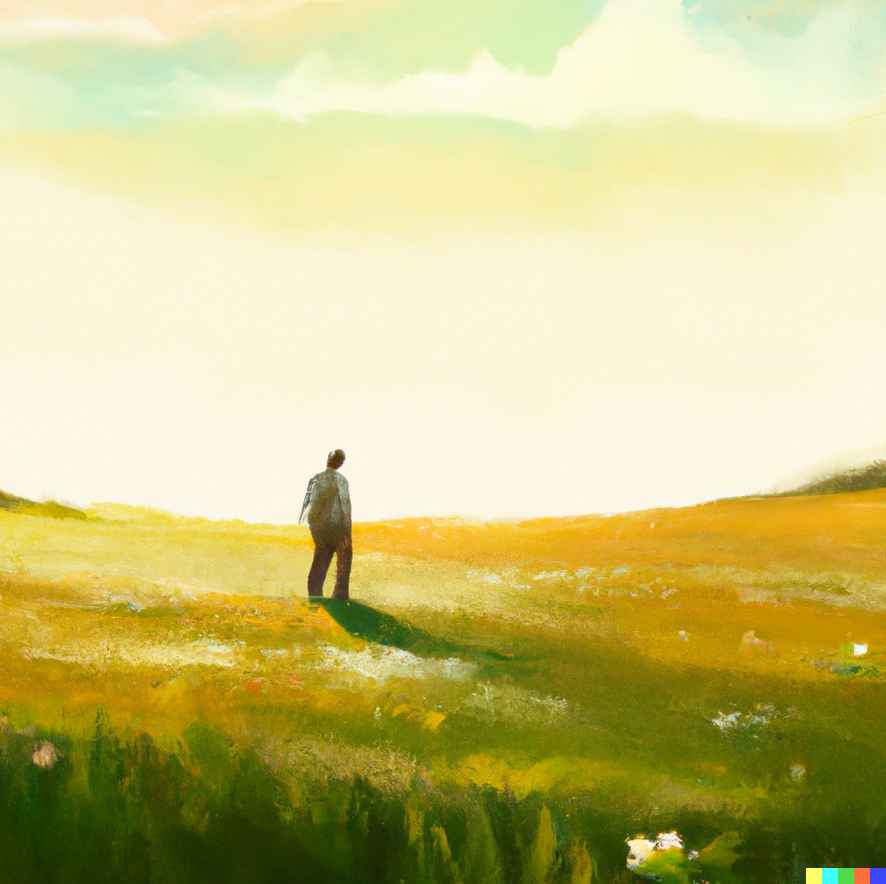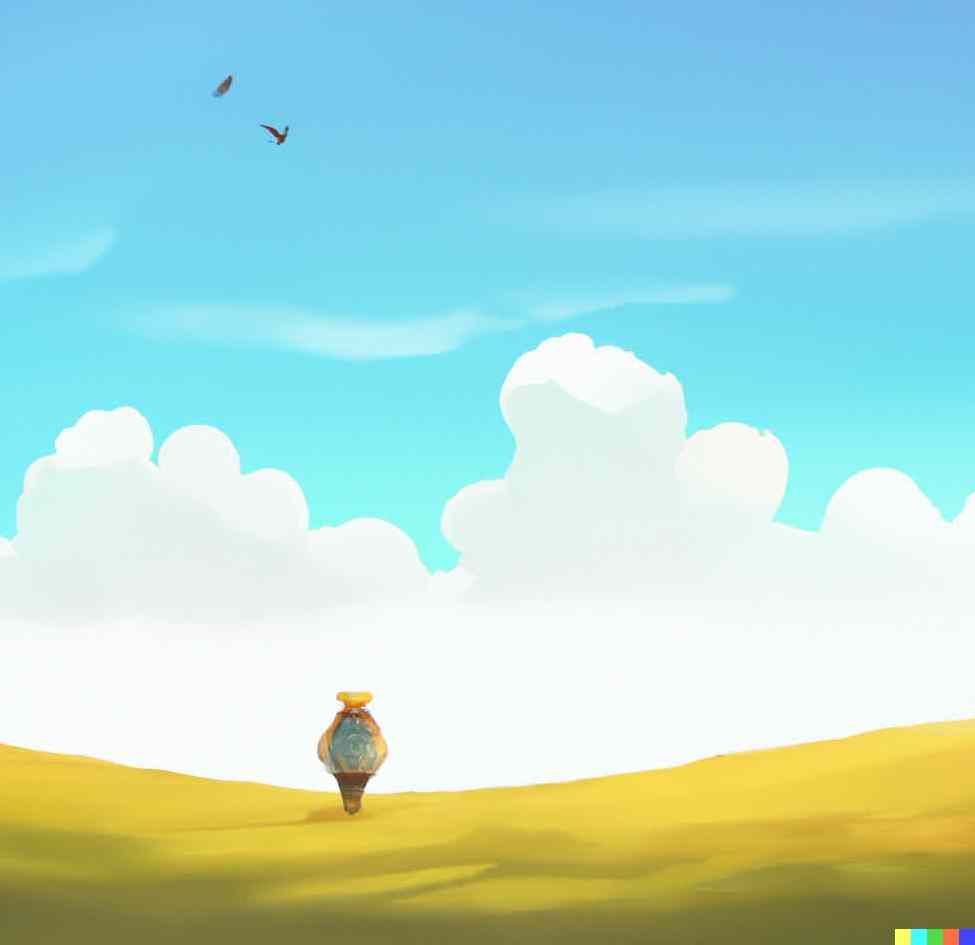On forced association |

|
For most of my life I thought I was an introvert. Actually I just hate parties.
Normal life involves interacting with unchosen strangers for 10 to 200 minutes. (Work trips. Group projects. Chatting at the school gates. Chipping in phatic pebbles at parties. Client management. One to ones with managers. Hairdresser background.)
(Is it normal to feel okay with this or is it just overrepresented? How would you meet the majority of people who aren’t?)
Some number of people just don’t go to things; a gentle British expression for this is that they “don’t mix”. For instance, my parents don’t mix, much as Alan Bennett’s didn’t.
Bennett
The world of coffee mornings, flower arrangement, fork lunches and having people round for drinks was never one my parents had been part of... "It's your Dad," Mam would complain. "He won't mix. I'd like to, only he won't."
...there was no sense in explaining to her that these occasions she read about in Homes and Gardens were not all that they were cracked up to be, or if it came to the point she'd be nonplussed in company. Other people did it, why couldn't we?
"Your Dad and me are going to start to mix," Mam wrote. "We've got some sherry in and we've got some peanuts, too."
Put simply and as they themselves would have put it, both my parents were shy, a shortcoming they thought of as an affliction while at the same time enshrining it as a virtue... Half of Dad's morality came out of his shyness, reinforcing as it did the modesty of his expectations while resigning him to the superior enterprise and good fortune of others.
Sheltering under 'shy', it was a long time before I understood that the self-effacing and the self-promoting, shy and its opposite, share a basic assumption. Everybody is looking at me, thinks the shy person (and I wish they weren't). Everybody is looking at me, thinks the self-confident (and quite right, too).
Similarly, I am useless at chatting and preternatural at bullshitting about ideas. Can go for hours. Any idea. Just let me choose who I’m talking to.
Most interactions aren’t strictly chosen (who you talk to or what you talk about). I suffered for years as a result. This overriding need for social freedom seems to me to be the heart of nerdiness. (OK, along with obsessiveness.) Experiencing pain when compelled to socialise, particularly when it’s gossip or news or chitchat or intros.
For the first 18 years of my life I had almost no-one to share my native mode (obsessive talk about big ideas). Half of my life was then alienated socialising. 12 So I read obsessively instead, joining the conversation.
-
People also joked about me and my friends at uni, that we were incapable of just hanging out. Instead we contrived elaborate events with set activities and met up there, chatting around the edges of the film marathon or the improv theatre or the pub crawl.
-
Work outings were a particular horror to me. IT has more of my kind, of course: my colleague bragged about being “the most social person in the data science team”, to which I replied “Ah yes, like the sexiest man on Mars.”
My life has basically no forced association now. I own my own company, so no one can compel me to go to team building events, or in fact to meetings, and I choose who I work with. In my PhD, my lab’s culture was completely gutted by the pandemic, so I work 100% remotely. In shops I hit the self-checkout without fail. I cut my own hair. I don’t go to pubs. My girlfriend has her own obsessions, and so we often sit together in happy silence reading or working, two close parallel streams.
Probably some social theorist would call me atomised and anomic. But I am far more socially integrated now, and far less edgy. I feel normal for the first time in fact. Being forced to socialise only brought me alienation, radicalism, and pain.
I live with half a dozen of my best friends. I write compulsively and have a few hundred readers. Teaching or public speaking is one of my favourite things; when I perform, dormant stores are released and I get giddy from exchanging ideas and improvising in the Q&A.
Before you go thinking of yourself as “shy” or “introverted” or “not socially skilled” or “aspie” - before you slam the door on the world - please consider that you might just be wrong about yourself. Consider what your life could be like, after school, after corporate work, after compulsion.

- Though I despise the sick bloated discourse that takes "emotional labour" to mean just being nice to people, as opposed to its strict sense of what you must fake in your service job.
-
There was nothing wrong with my classmates, to be clear. They were mostly kind. Just not what I needed.
"That was the price of autonomy: an inalienable right to madness and suffering, inseparable from the right to solitude and peace." ― Greg Egan
Comments
Tags: